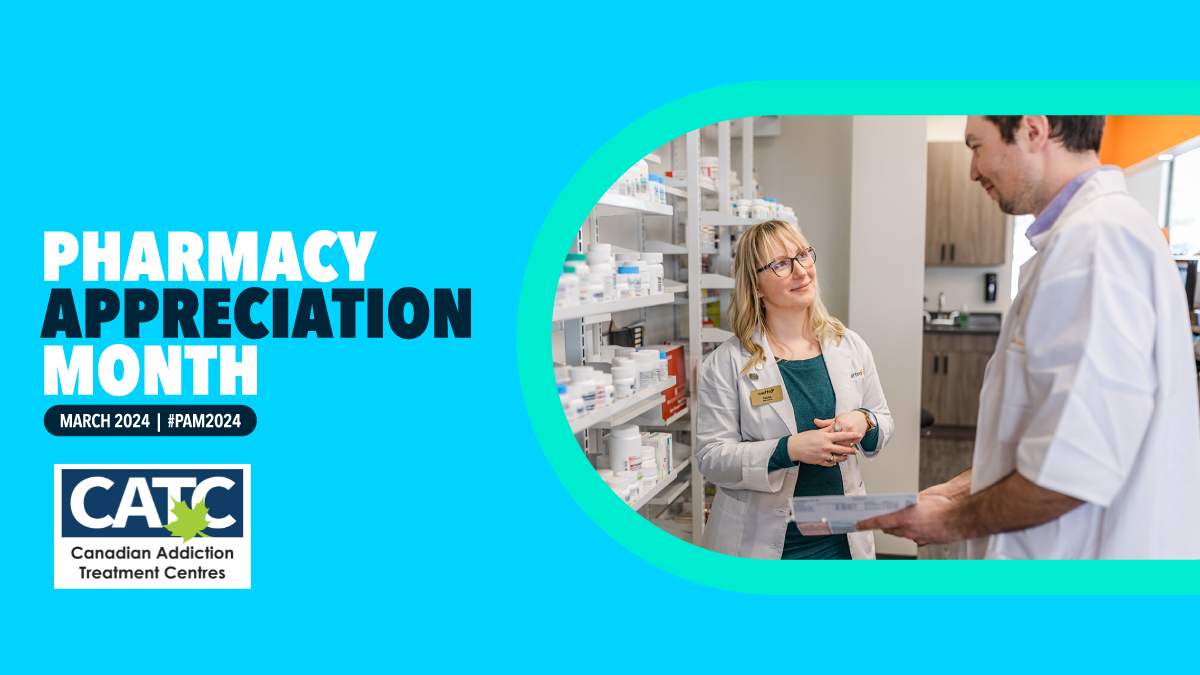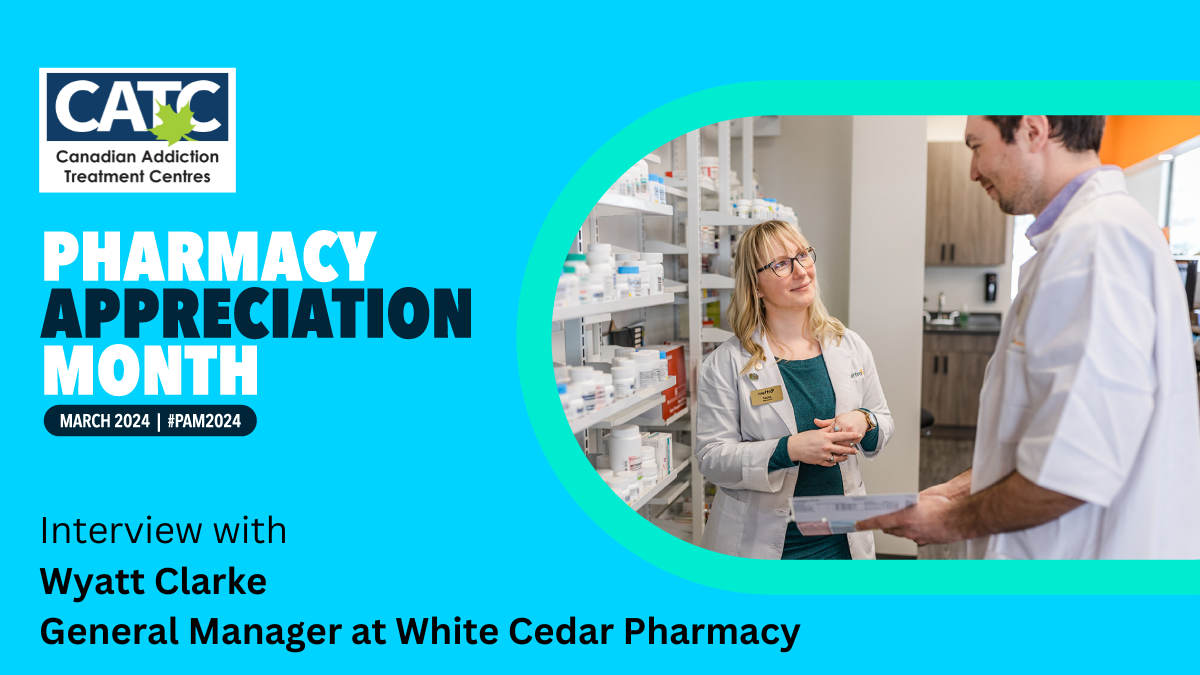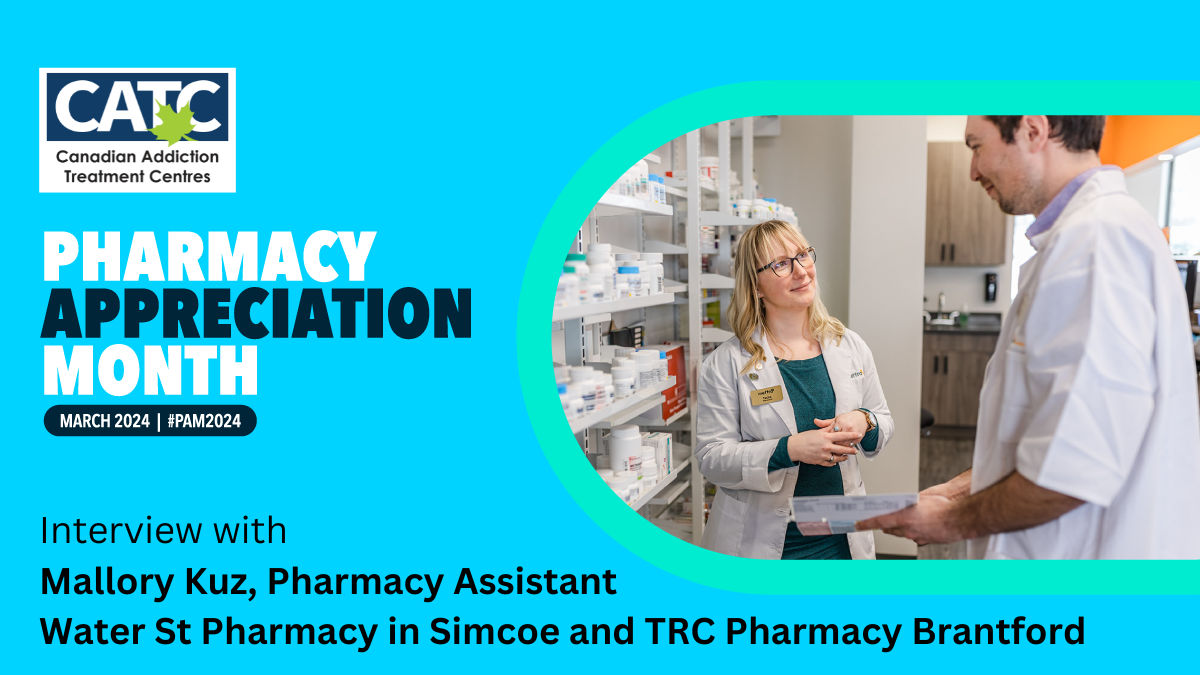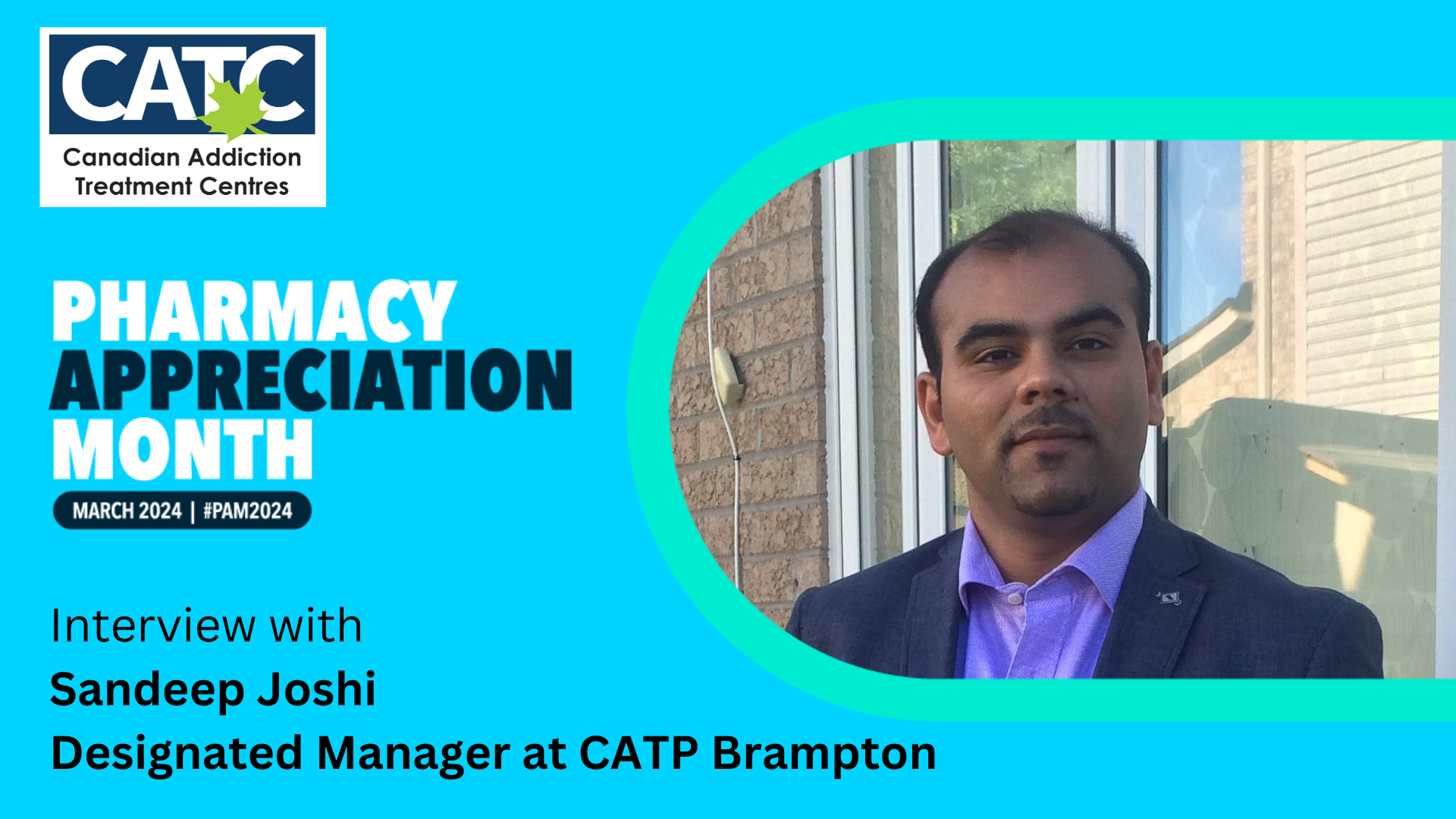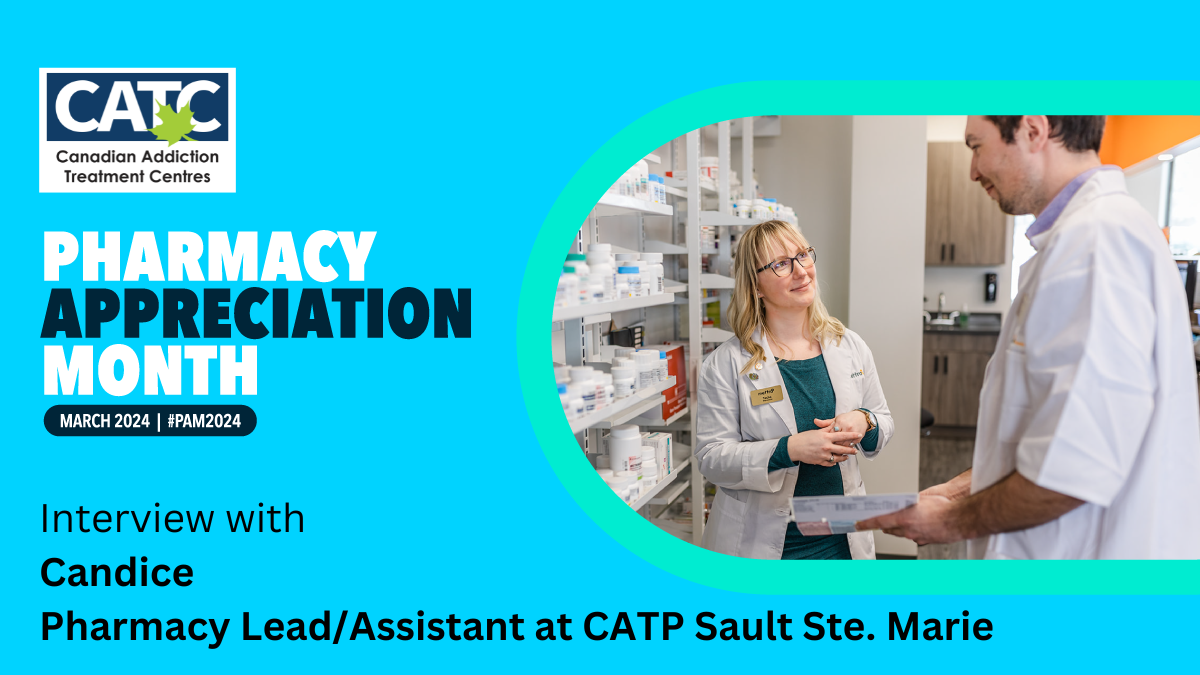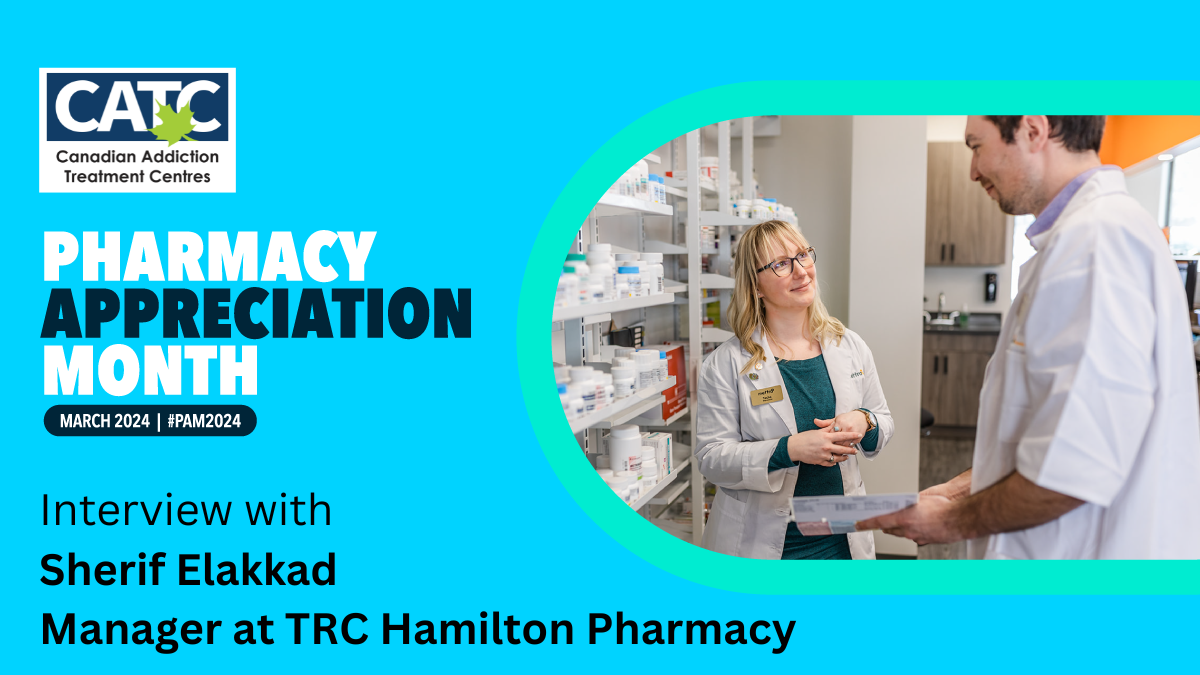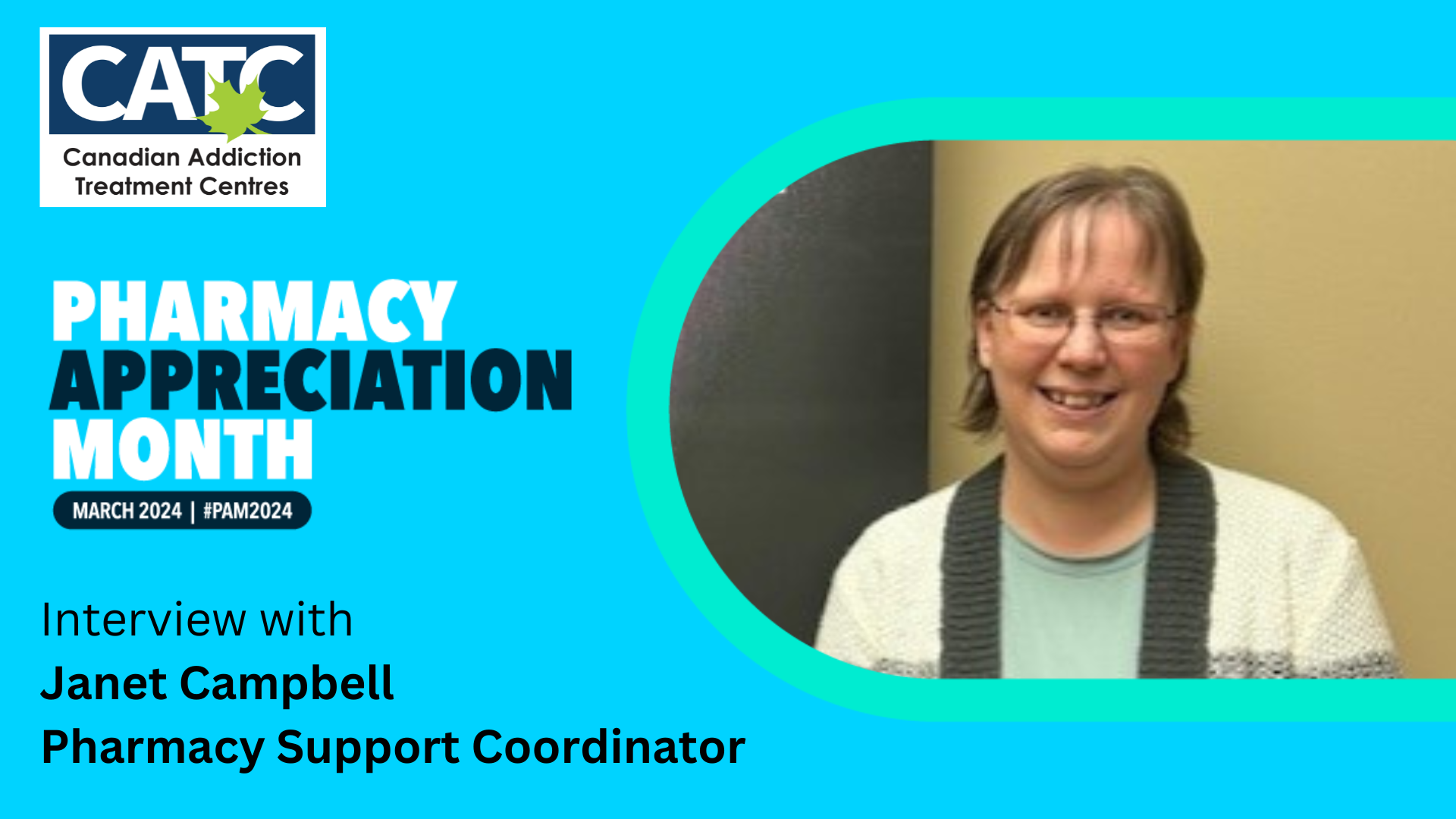Pharmacy Appreciation Month: The Power of Pharmacy in integrated opioid addiction treatment
March is Pharmacy Appreciation Month: a time to celebrate our hardworking and dedicated pharmacy teams who are everyday champions in our patients’ recovery. This year’s theme, “Experience the Power of Pharmacy,” is about empowering pharmacy professionals to practice to the fullest extent of their capability in providing exceptional and accessible care. As part of our […]
Continue Reading